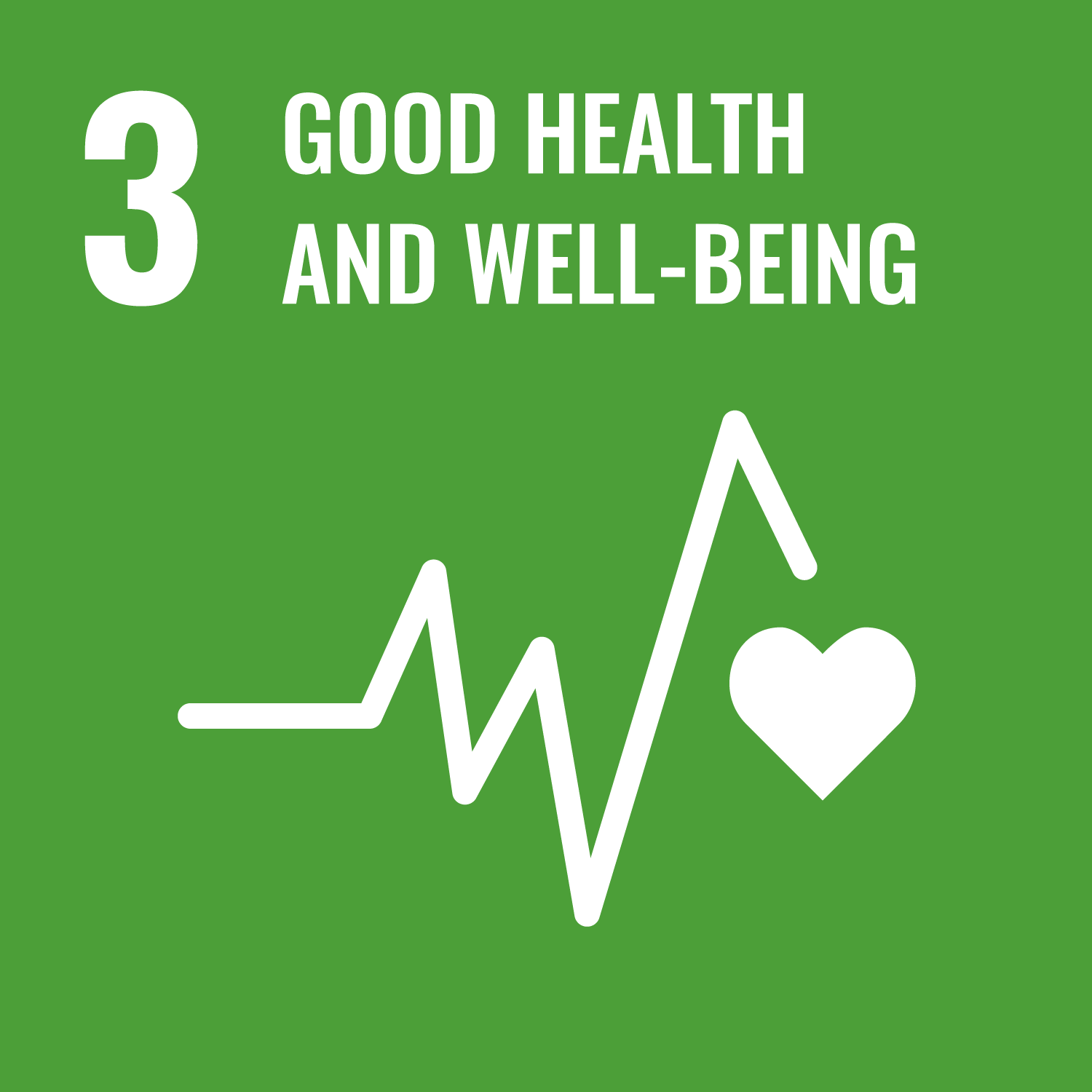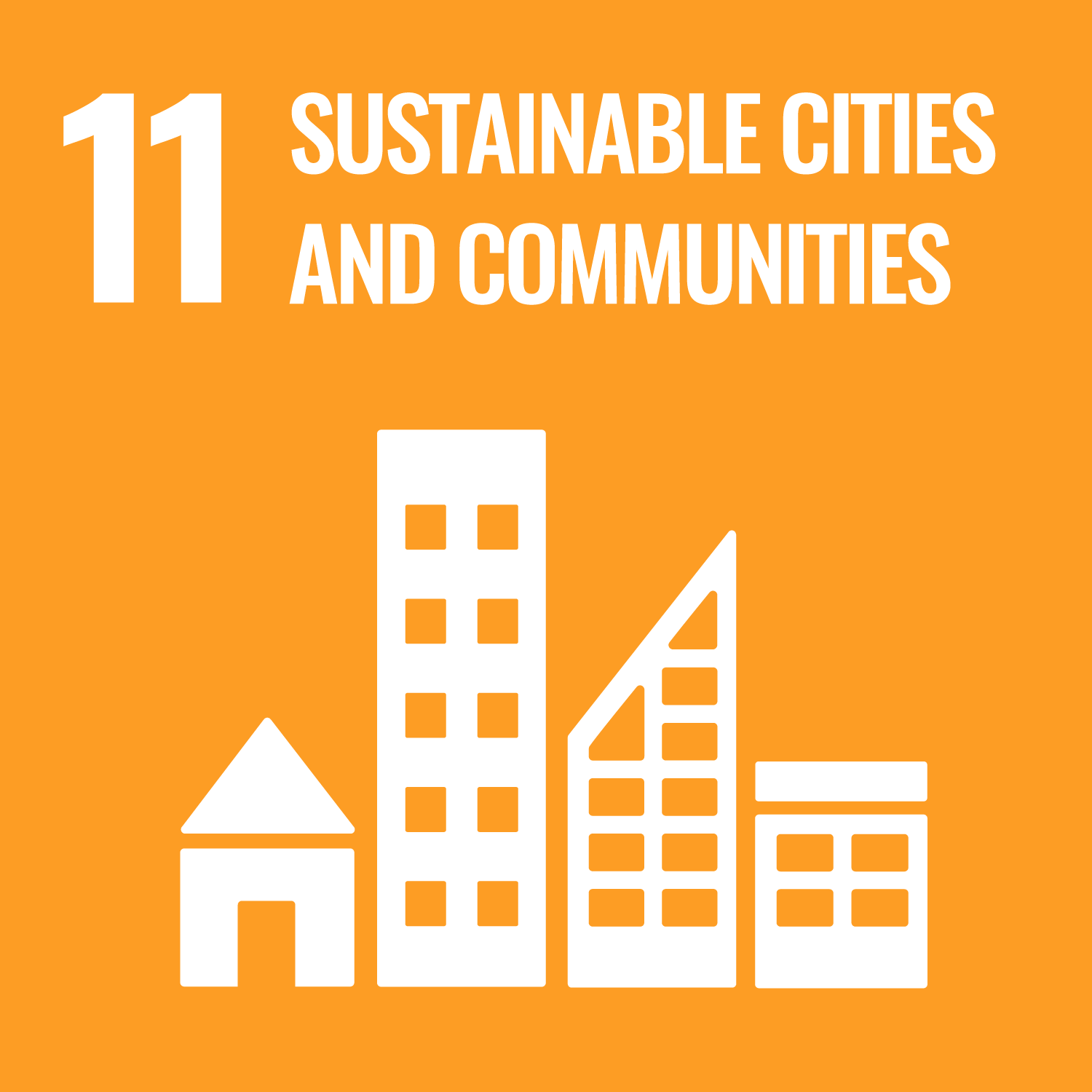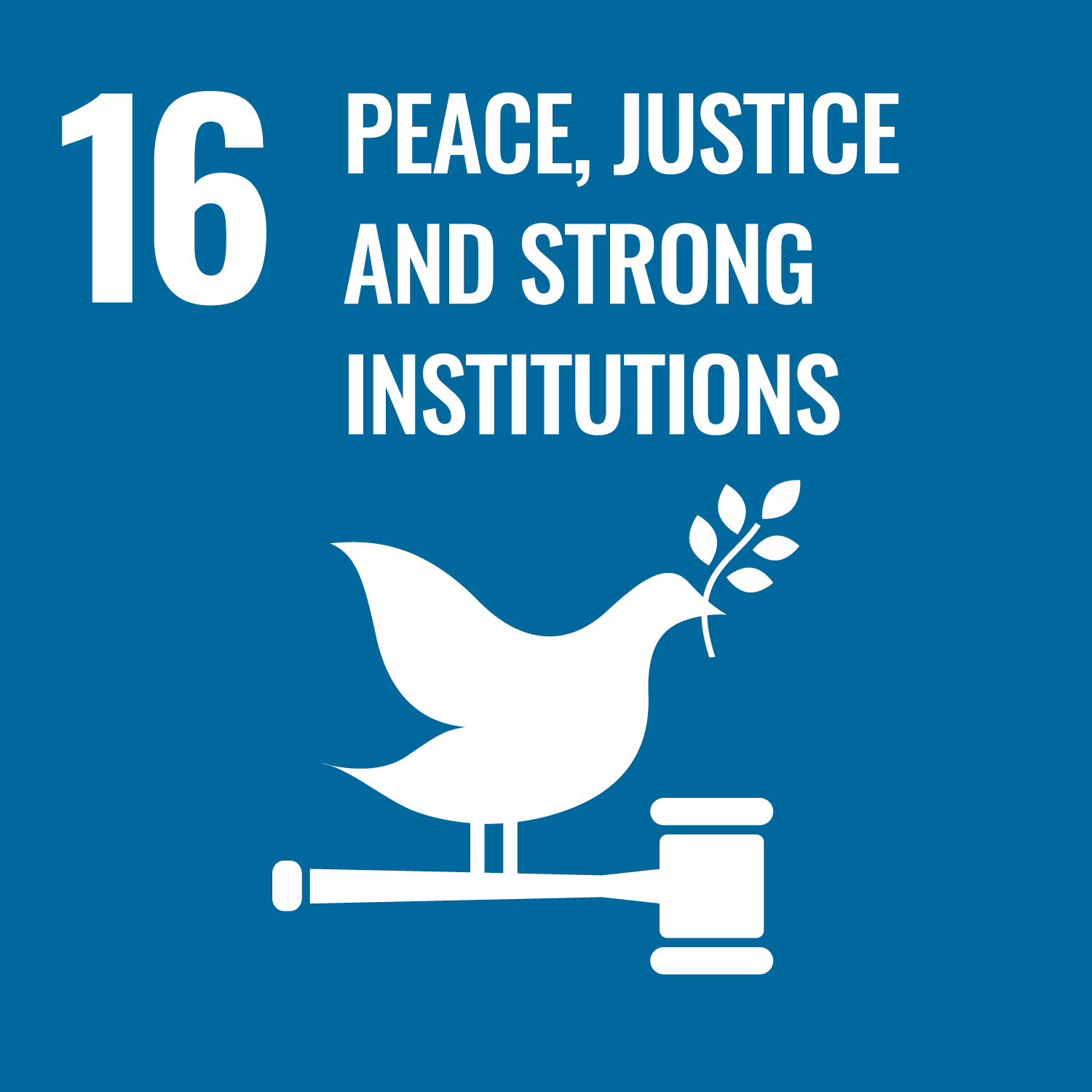COMPASS Social Impact Bond
Aligned SDGs



- COMPASS Social Impact Bond
- General overview
- Location
- Involved organisations
- Outcome metrics
- Other resources
- Spreadsheet of data
- COMPASS Social Impact Bond
- General overview
- Location
- Involved organisations
- Outcome metrics
- Other resources
- Spreadsheet of data
General overview
Stage of development: Implementation
Policy sector: Child and family welfare
Date outcomes contract signed: Feb 2018
Start date of service provision: Oct 2018
Anticipated completion date: Sep 2025
Service users: 202 individuals
Intervention
COMPASS helps young people successfully transition from Out of Home Care (OOHC) and set them on a positive path to independence.
Target population
Young people between the ages of 16.5-18.5 who are in: 1. Out of Home Care; 2. Foster care; 3. Kinship care; 4. Residential care; 5. Lead tenant; and 6. Youth Justice Facility whose statutory order expires within six months
Location
Country
- Australia
Service delivery locations
- West Melbourne, Brimbank
- West Melbourne, Melton
- Bendigo, Loddon
- North East, Darebin
- North East, Whittlesea
Involved organisations
Commissioners/outcome payers
Service Providers
Investors
Intermediary organisations
Outcome metrics
- Young person does not require emergency housing - defined by a reduction in the use of homelessness and emergency housing services, as measured by housing service data collected by the State
- Presentations at emergency departments are reduced - defined by a reduction in hospital emergency department presentations, as measured by State health data Presentations Presentations at emergency departments are reduced
- Convictions for offences are reduced - defined by a reduction in conviction rates amongst COMPASS Participants, as measured by State justice data
Other resources
Spreadsheet of data
Important Notice and Disclaimer on INDIGO Data
INDIGO data are shared for research and policy analysis purposes. INDIGO data can be used to support a range of insights, for example, to understand the social outcomes that projects aim to improve, the network of organisations across projects, trends, scales, timelines and summary information. The collaborative system by which we collect, process, and share data is designed to advance data-sharing norms, harmonise data definitions and improve data use. These data are NOT shared for auditing, investment, or legal purposes. Please independently verify any data that you might use in decision making. We provide no guarantees or assurances as to the quality of these data. Data may be inaccurate, incomplete, inconsistent, and/or not current for various reasons: INDIGO is a collaborative and iterative initiative that mostly relies on projects all over the world volunteering to share their data. We have a system for processing information and try to attribute data to named sources, but we do not audit, cross-check, or verify all information provided to us. It takes time and resources to share data, which may not have been included in a project’s budget. Many of the projects are ongoing and timely updates may not be available. Different people may have different interpretations of data items and definitions. Even when data are high quality, interpretation or generalisation to different contexts may not be possible and/or requires additional information and/or expertise. Help us improve our data quality: email us at indigo@bsg.ox.ac.uk if you have data on new projects, changes or performance updates on current projects, clarifications or corrections on our data, and/or confidentiality or sensitivity notices. Please also give input via the INDIGO Data Definitions Improvement Tool and INDIGO Feedback Questionnaire.